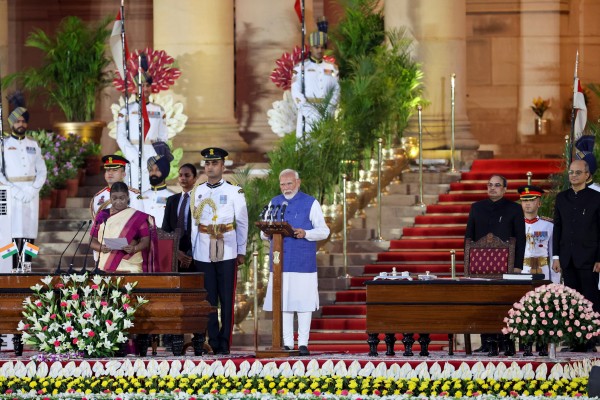The IPI global network strongly condemns the closure of independent broadcaster Hamisha Bahar by the Taliban after authorities raided the outlet during a journalism training that included women journalists. The outlet was shuttered the following day for violating the Taliban’s higher education ban for women.
On July 31, a group of Taliban officers raided the offices of Hamisha Bahar, interrupting the training being held, which was part of a three-month basic journalism training workshop. According to Atal Khan Stanekzai, head of Hamisha Bahar, there were 16 journalists participating in the course, six of whom were women. During the raid, officers threatened those at the training and specifically verbally harassed the women journalists, including comparing the training to prostitution, according to one journalist.
The following day, another group of local police officers returned to the offices and ordered the network to close, claiming that the training was a violation of policies that ban any form of higher education for women that were established in December 2021. The broadcaster was shuttered and its offices were sealed.
The Afghanistan Journalists Center (AFJC) called on the Taliban to “direct the local authorities in Nangarhar province to comply with the dictates of the rule of law by immediately withdrawing the order for the shutting down of Hamisha Bahar Radio and TV network, and henceforth desist from any such act”.
Hamisha Bahar, an independent radio station founded in 2011, hosts a number of training programs, and its website states that they have trained over 600 university students.
The outlet has also previously been a target of the Taliban, and according to reports, Taliban authorities are unhappy with the station’s news coverage. Stanekzai has been previously arrested for his work at Hamisha Bahar, including in March 2022 by Taliban forces.
The media environment has deteriorated rapidy since the Taliban took power in August 2021. A number of independent outlets have been shuttered, and journalists, and particularly women journalists, operate in an increasingly hostile and restrictive environment. Between May 2022 and May 2023, the AFJC reported 213 press freedom violations, a 64 percent increase from the year prior.
“The shuttering of Hamisha Bahar Radio and TV for including women in a journalism training program is appalling and is a blatant violation of human rights”, IPI Director of Advocacy Amy Brouillette said. “This latest attack on the media is just another example of the Taliban regime’s intolerance for press freedom and their attempt to erase women from public life.”



